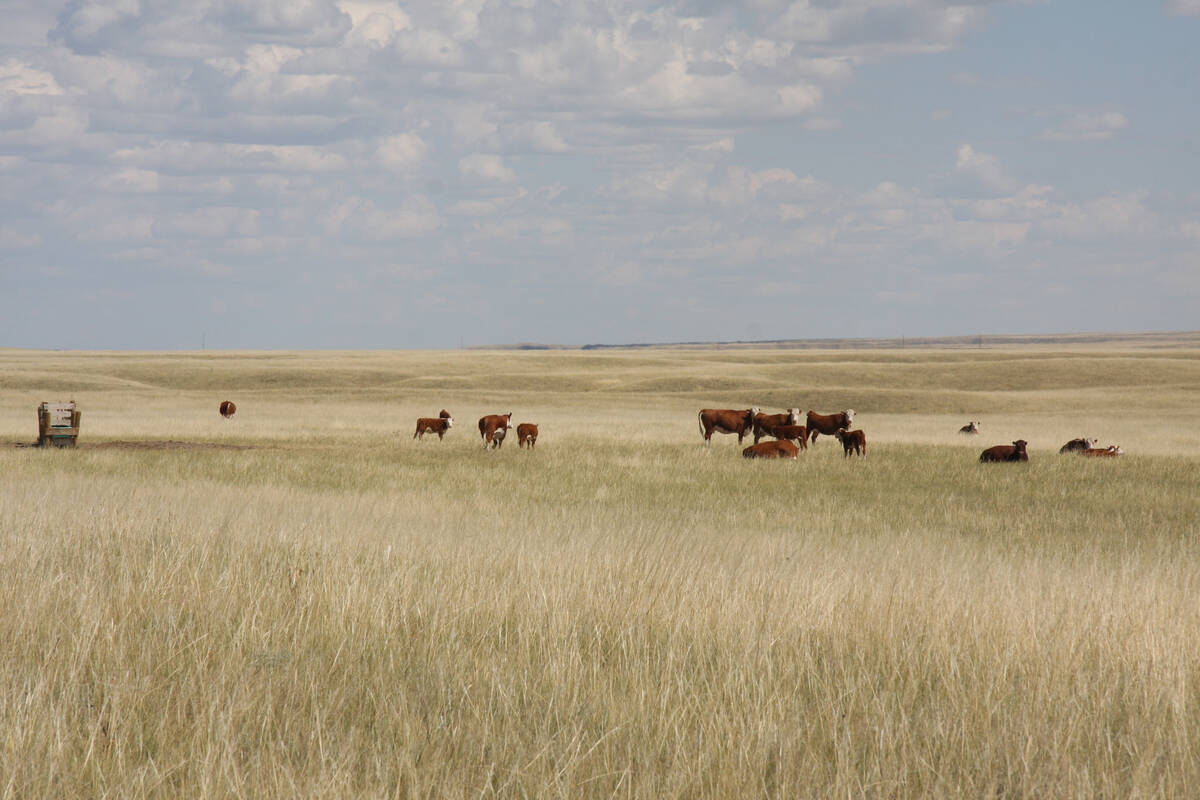The federal government plans to invest $1 million into canola research to find the most effective ways to increase canola production.
Experiments will be conducted across the major soil zones and regions in Western Canada as part of a research network project.
The Sustainable Cropping System Platforms for Biodiesel Feedstock Quantity and Quality research network is intended to give prairie farmers a competitive edge in the growing biofuels industry, MP Brian Storseth said when he made the funding announcement in Edmonton March 19.
“It will help develop better strains of canola and allow producers to produce more canola on the same acres,” said Storseth.
Read Also

Conservation groups enter grazing lease debate
The Municipal District of Taber in southern Alberta remains at a political crossroads, weighing the interests of generating revenue for public services with conserving native grasslands.
Ward Toma, general manager of the Alberta Canola Producers Commission, said with the increasing demand for canola for biodiesel and food, farmers will be asked to produce more canola.
The study will look at the implications of increased demand on the crop, land and the oil.
“If growers make changes to the rotation, with shorter and tighter rotations, do they need to use different management and economic treatments,” said Toma.
The research will then investigate whether crop rotation changes also alter the fatty acid profile of canola.
“If farmers are doing something like this, these are factors they should be aware of. You may have to change your fertilizer regime. This may be an implication in changing the fatty acid profile. We don’t know these things,” Toma said.
“We don’t know if it does happen, but we want to know if it will happen. We want to know the disease implications of soil and crop and does that have an impact on oil quality and fatty acid quality.”
The Alberta Canola Producers Commission is the lead organization in the research, but is working collaboratively with the University of Alberta, the University of Saskatchewan, the Alberta Biodiesel Association, Olds College and the Canola Council of Canada.
Toma said any increase in canola production would benefit farmers and the rural economy.
He estimated canola contributes more than $11 billion annually to the Canadian economy.
Funding for the project is provided through Agriculture Canada’s Agricultural Bioproducts Innovation Program.














